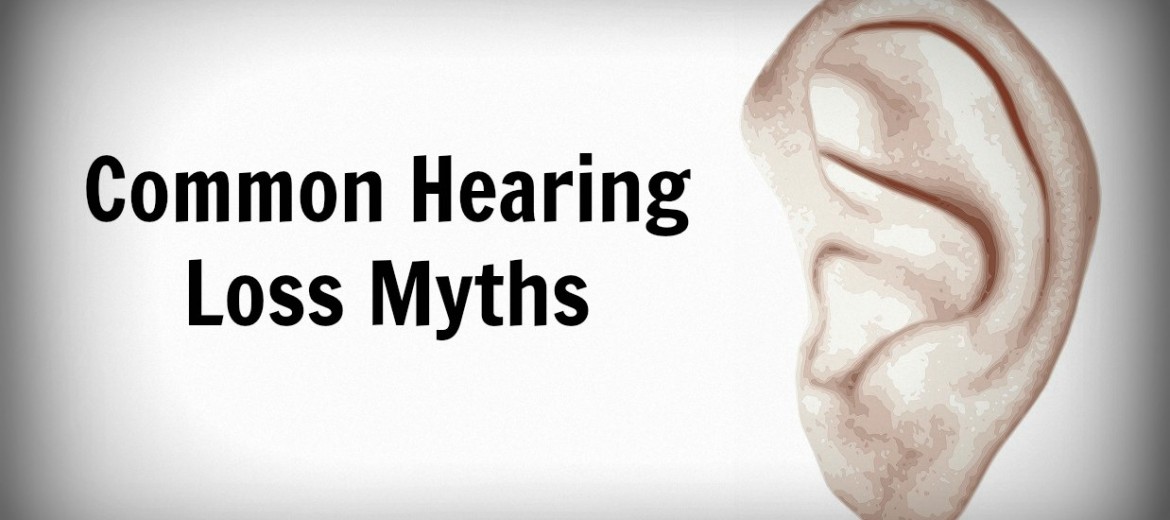While hearing health has come a long way, there are still misconceptions about hearing loss. Many have the perspective that hearing loss isn’t a big deal and that it only affects the elderly. However, this is far from the truth. Even though the stigma of hearing loss has died down and hearing health has come a long way, many patients still have a lot of misconceptions about the truth behind hearing loss.
To help change people’s perspective and clear up any misconceptions, here are some of the most common hearing loss myths, and the truth behind them.
1. Hearing misfortune only happens to older individuals. Only the elderly are affected by hearing loss.
The truth is, 40 percent of the 48 million Americans with listening to misfortune are more youthful than 60. Even though hearing loss is known to accelerate with age, hearing loss does not discriminate. In fact, a good percentage of Americans who suffer from a loss of hearing are under the age of 60. Hearing loss affects at least 40% of the American population!
2. Your loss of hearing was brought on by each one of those loud concerts years back.
While attending loud concerts certainly didn’t help, there are numerous different reasons why a person is suffering from hearing loss. Hearing loss can occur due to the typical maturing process, particular hereditary qualities, smoking, having a less than stellar eating routine, as well as diabetes. All of these reasons have the ability to damage the hair cells in the ear.
3. If other individuals would simply talk louder, you would be able to hear them just fine.
Hearing is the resemblance of a biological microphone. While it may sound loud when a person speaks into a damaged microphone, there is a level of distortion present that makes the words hard to understand. This is why it is imperative that hearing loss is seen and treated by a physician.
4. I only notice a difference in one ear, so I am OK
Even though your brain will adjust and accommodate, it is imperative that you get your hearing checked, even if you notice a change in only one ear. Your brain will stop recognizing sound, so it is important for your auditory system to remain stimulated.
5. I can still hear some sound, so I am OK to wait on getting treatment
This is not OK. The longer you wait, the harder it is to treat hearing loss. This is because your brain stops recognizing sound when the auditory system in your brain is not stimulated. Many people have to re-train their brains when they wait to get help, so it is important to get help as soon as you notice any changes and wear your hearing aids regularly.
6. While hearing loss is irritating, it doesn’t have an influence your well-being.
New research from Johns Hopkins University shows that your risk of developing dementia may increase because of hearing loss. Luckily, the study also revealed that by correcting the hearing loss you could improve a person’s mood, memory, as well as help to improve their balance.





